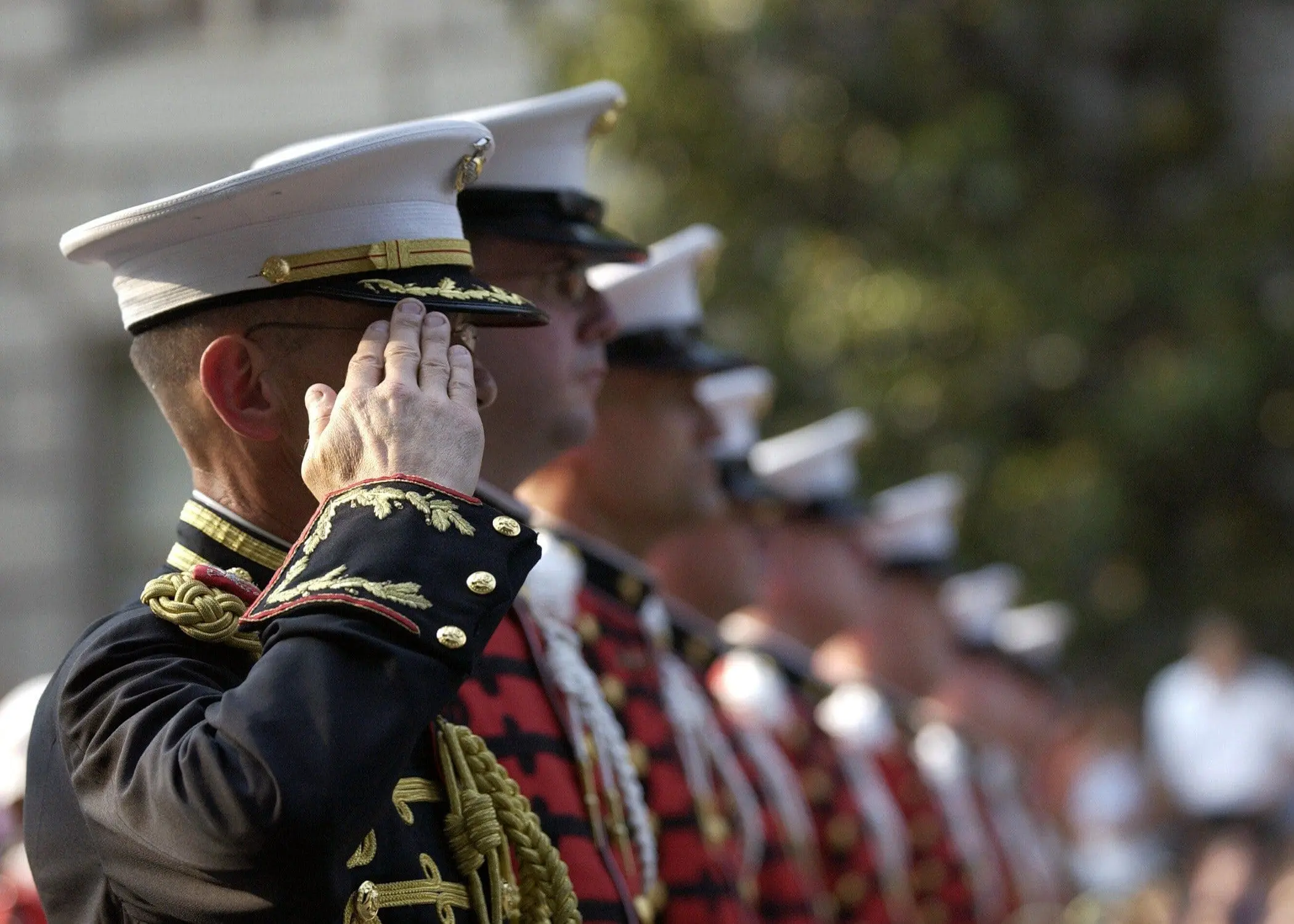To honor those who serve in America’s armed forces, it is important to consider how well our systems, including K–12 education, are serving current and former military personnel and their families. Military-connected students—students with parents or guardians who serve in the military—change schools frequently and have unique relationships to their schools. Data about the experiences of military-connected students is essential. It helps define what unique challenges they may face and determine which supports they need, and it ensures that their families understand how schools are serving their students.
Military-connected students move three times more often than their peers. Up-to-date data about their education journeys is critical to ensure continuity in both the classroom and in any additional services students may need as they transition into new schools and communities. Ensuring the timely transfer of records is particularly important for highly mobile students with disabilities who require an individualized education plan (IEP). In fact, a survey from the Military Child Education Coalition found that 73% of families, students, and educators reported difficulties implementing a child’s IEP at a new school.
Not only is it important to collect and share data about the experiences of military-connected students—it is required under federal law.
In 2015, the Every Student Succeeds Act (ESSA) expanded the list of federally recognized student groups that must be included on state report cards for certain outcomes measures. Specifically, it required states to expand reporting on assessment results to include results for military-connected students, students experiencing homelessness, and students in the foster care system. States vary in how they collect this data and how they incorporate it into state data systems.
Generally speaking, states use a Military Student Identifier (MSI) to identify which students are military-connected. Including this code in state data systems and connecting it to existing data enables states to fulfill the federal requirement. And the MSI can, and should, be used as a tool for other purposes, including identifying which military-connected students might be in need of additional support due to their circumstances.
However, state report cards are too often not meeting minimum federal requirements.
ESSA required states to include assessment results for this highly mobile group of students on state report cards so families and the public can understand how schools are supporting the unique needs of military-connected students. DQC found that, in 2021, only 35 states included achievement data on military-connected students on their report cards. While that analysis found that 10 states added data on this group to their report cards, we found that seven had removed it—an unacceptable step which means that families in those states cannot count on their leaders to share the information they really need.
But federal requirements are the floor, not the ceiling. ESSA provides states the flexibility to go beyond federal requirements and include additional data on their report cards. From school climate and student engagement data to information about college and career readiness, these indicators provide a fuller picture of student experiences. Are schools providing welcome environments for military-connected students? Are they receiving the same opportunities as their peers? States can go beyond statutory requirements to include additional data on report cards about the experiences of these students.
To support military-connected students, leaders should consider:
- Tapping into ongoing federal funding streams to increase their capacity to use data to support military-connected students and improve state report cards to ensure that they are a helpful source of information for military families.
- Building on existing best practices for supporting other highly mobile student groups—such as students in the foster care system and students experiencing homelessness. Ensuring collaboration between education and social service agencies is crucial for supporting military-connected students.
More than one million military-connected students attend school across our country and around the world. No matter where military personnel serve, families should be able to see how schools are serving their students. Data is a powerful tool for ensuring that these families, who sacrifice so much for this country, do not have to sacrifice peace of mind when it comes to their students.


